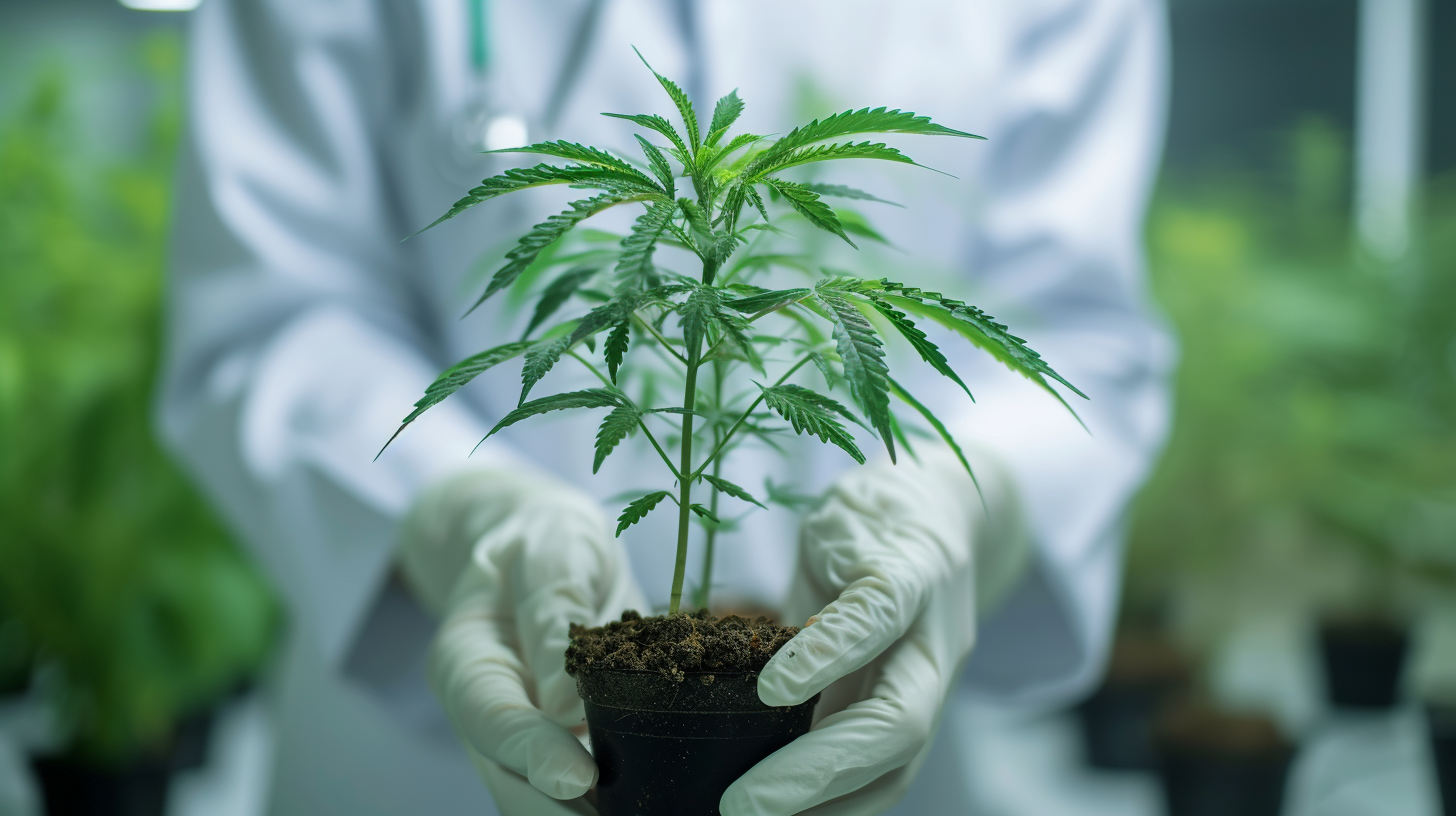- Why It Matters: Thailand’s Health Minister discusses the progress and concerns regarding the new cannabis legislation, emphasizing transparency and public health.
- The Big Picture: The evolving cannabis law in Thailand reflects the country’s efforts to balance legalization with responsible use and societal impact.
- Driving The News: The proposed cannabis law faces scrutiny over its penalty structure and the need for clear, health-focused regulations.
BANGKOK, THAILAND – Thailand’s journey towards a comprehensive cannabis law takes a crucial step as Health Minister Cholnan Srikaew discusses the progress and public concerns surrounding the new legislation. The proposed law, which is set to be presented to the Cabinet soon, has been the subject of extensive public consultation, with the Ministry of Public Health (MOPH) keen to ensure that the final draft reflects a balance between legalization and public health considerations.
The MOPH opened an online platform for public feedback on the draft law from January 9 to 23, receiving a wide range of comments and suggestions. This feedback is currently being compiled and analyzed to refine the law, ensuring it aligns with public opinion and health priorities. Minister Cholnan emphasized the importance of transparency in this process, assuring that any significant changes to the draft will be communicated to the public.
A key concern raised by the public is the proposed penalty for misuse of cannabis, set at 60,000 baht, which is higher than penalties for alcohol and tobacco. Minister Cholnan acknowledged this concern, stating that the penalty structure is based on criminal law principles and aims to reflect the potential health and social impacts of cannabis misuse. He assured that the penalties are designed to be fair and appropriate, considering the broader context of cannabis legalization.
The proposed cannabis law represents a significant shift in Thailand’s approach to cannabis, moving from prohibition to a regulated framework that recognizes its medical benefits while addressing potential risks. The MOPH’s commitment to a health-centric and socially responsible cannabis policy is evident in its efforts to involve the public in the legislative process and its focus on safeguarding public health.
As Thailand awaits the finalization and implementation of the new cannabis law, the MOPH’s approach serves as a model for balancing legalization with responsible regulation, ensuring that the benefits of cannabis are harnessed in a way that protects public health and social welfare.
This article is based on a report from Matichon.
